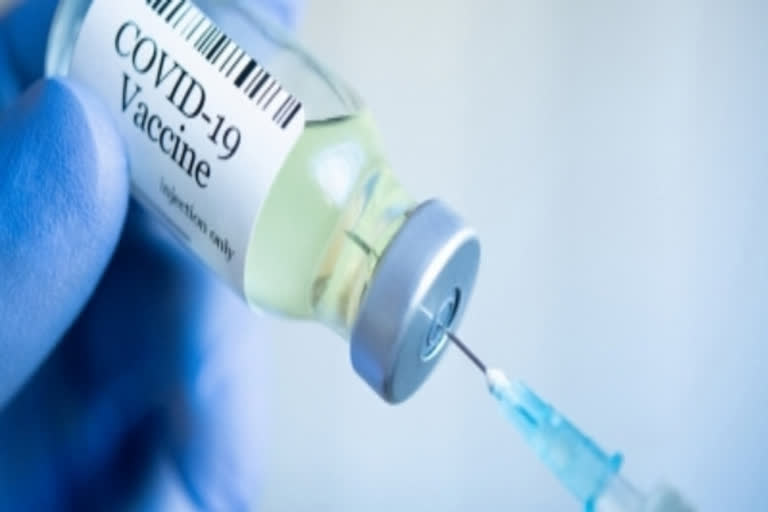New Delhi: Amid much hoopla over mix and match strategy of Covid19 vaccines, experts in India’s health domain said that mixing of vaccines on different platforms is the need of the hour. The Central government is also exploring the possibility of a mix and match vaccine strategy.
“Government of India is going to have at least eight vaccines. The protocol of combination of two different vaccines is going to be really robust which will aim at measuring the antibodies along with efficacy and aversion of morbidity, mortality and hospitalization. Adverse Events Following Immunisation (AEFI) will also be closely monitored. This has been tried in other countries and would provide valuable leads for India as well,” said Dr Suneela Garg, senior advisor at India’s apex medical research institute, Indian Council of Medical Research (ICMR) in an exclusive interview to ETV Bharat.
The statement given by Dr Garg assumes significance as studies conducted abroad said that vaccinating people with two different vaccines responded well.
Researchers conducting a study in Spain said that vaccinating people with both the Oxford–AstraZeneca and Pfizer–BioNTech COVID-19 vaccines produces a potent immune response against the virus SARS-CoV-2.
Result of a similar study in the UK is expected. However, experts believe that the UK study will also show positive results.
Read: COVID-19: China stands with India, will provide full support to combat 2nd wave, says FM Wang Yi
Interestingly, several European countries have already been recommending that people who were given a first dose of the vaccine developed by the University of Oxford, UK, and AstraZeneca in Cambridge, UK, get another vaccine for their second dose.
Researchers hope that such mix-and-match Covid-19 vaccination regimens will trigger stronger, more robust immune responses than will two doses of a single vaccine, while simplifying immunization efforts for countries facing fluctuating supplies of the various vaccines.
India currently follows two doses of one vaccine strategy.
Another prominent health expert and President of Asian Society for Emergency Medicine Dr Tamorish Kole also expressed a similar view referring to mix and match vaccine strategy.
“Mixing vaccine products can address supply bottlenecks that have led to shortages in several countries including India, so being able to mix vaccines from different manufacturers may reduce the pressure on vaccine supply,” he said.
Dr Kole said that several countries currently are studying the mixing of vaccines and some studies indicate that this provides better immunity. “India is also planning to do a study in this regard,” Dr Kole said.
Read: By July or early Aug, will have enough Covid vaccines to inoculate 1 cr people a day: Centre
He said that Canada is changing its guidelines on mixing and matching second doses of Covid-19 vaccines and will advise Canadians to combine either the AstraZeneca-Oxford, Pfizer-BioNTech or Moderna shots interchangeably in certain situations.
Chairman of India’s national task force on Covid19 Dr VK Paul, however, said that the mixing of vaccines can create immunity and at the same time it may have adverse effects too.
“There is research going on in other countries. Science will settle the issue. We will do whatever required…but as of now India is maintaining one vaccine jab concept,” said Dr Paul and added “we appeal everyone to keep 4-6 weeks gaps between two doses of Covaxin and 12 weeks gap between two doses of Covishield.”
Meanwhile, Dr Balram Bhargava, director general of ICMR said that several parts of India have been witnessing an inadvertent mixing of vaccines.
“A proper scientific study will ascertain the efficacy of the mix and match vaccine strategy,” Dr Bhargava said.
Read: Eli Lilly's antibody cocktail drug gets emergency use nod in India



